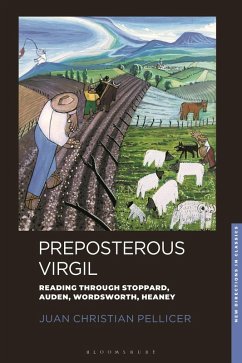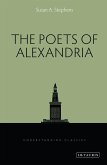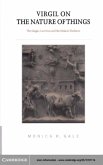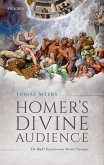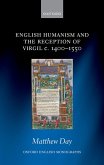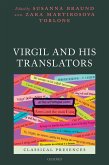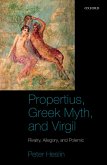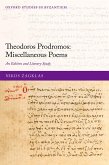This study in reception develops close readings of English literature as means of interrogating Virgil's texts. Through four case studies, bookended by wide-ranging introductory and concluding chapters, this book shows how interpreting the Eclogues, Georgics and Aeneid through modern responses can serve to focus on aspects of Virgil that would otherwise be differently perceived or else escape notice altogether. Juan Christian Pellicer probes our perceptions of the three Virgilian genres (pastoral, georgic, and epic) and analyzes the ways in which modern reconfigurations of these genres can inform our readings of Virgil's works, as well as help us realize how our own ideas about Virgil reflect the literary receptions through which we approach his texts.
This book offers a practical demonstration of classical reception and its value as a critical procedure. By testing the value of modern responses to Virgil as means by which to read his texts, Pellicer critically examines a central tenet of reception studies of classical authors, namely that our understanding of their work can benefit from the receptions through which we perceive them. The reader will find Virgil's texts reconfigured in challenging new ways and will find new appreciations of the classical traditions that inform key texts in the English canon.
This book offers a practical demonstration of classical reception and its value as a critical procedure. By testing the value of modern responses to Virgil as means by which to read his texts, Pellicer critically examines a central tenet of reception studies of classical authors, namely that our understanding of their work can benefit from the receptions through which we perceive them. The reader will find Virgil's texts reconfigured in challenging new ways and will find new appreciations of the classical traditions that inform key texts in the English canon.

